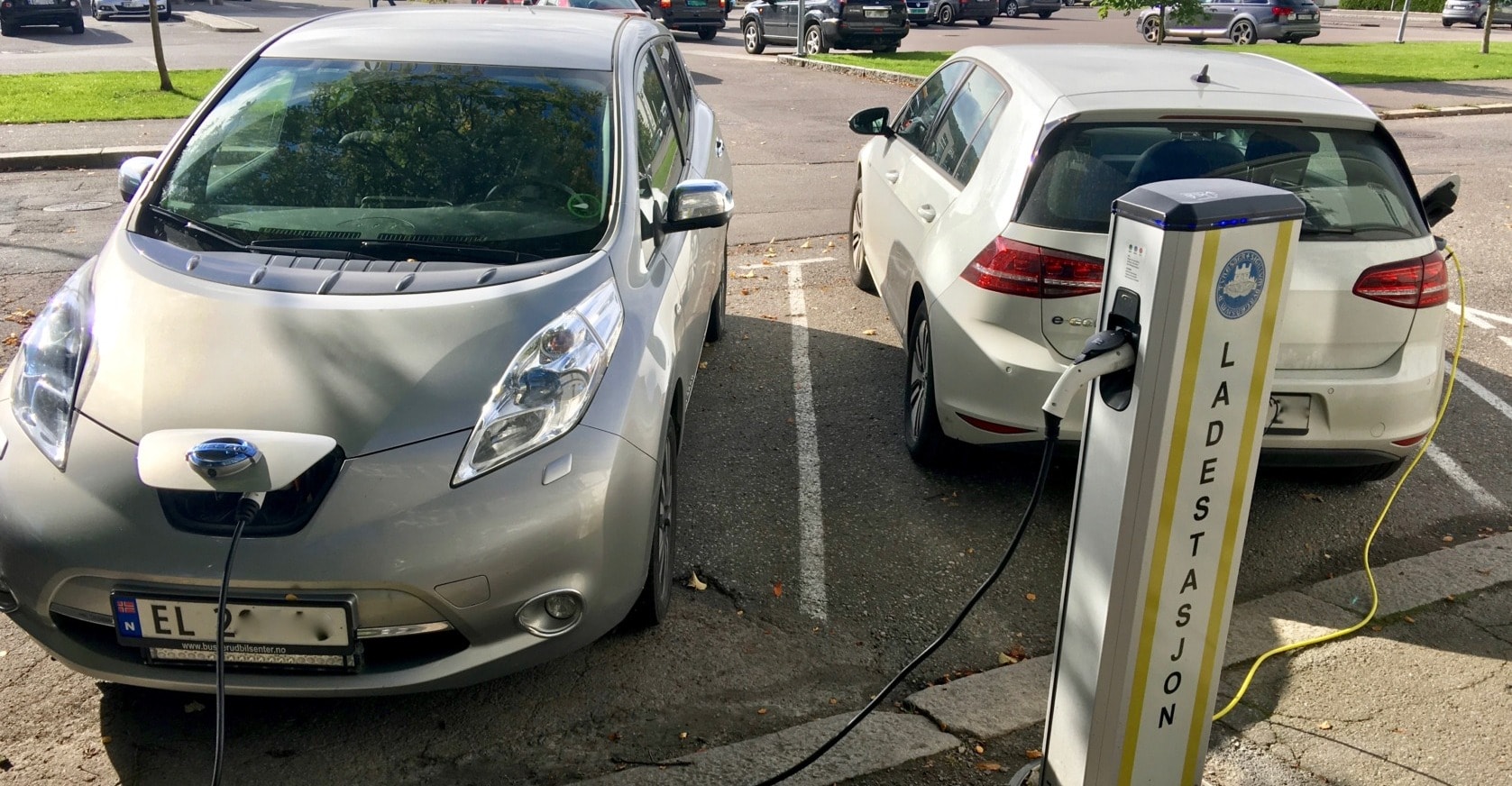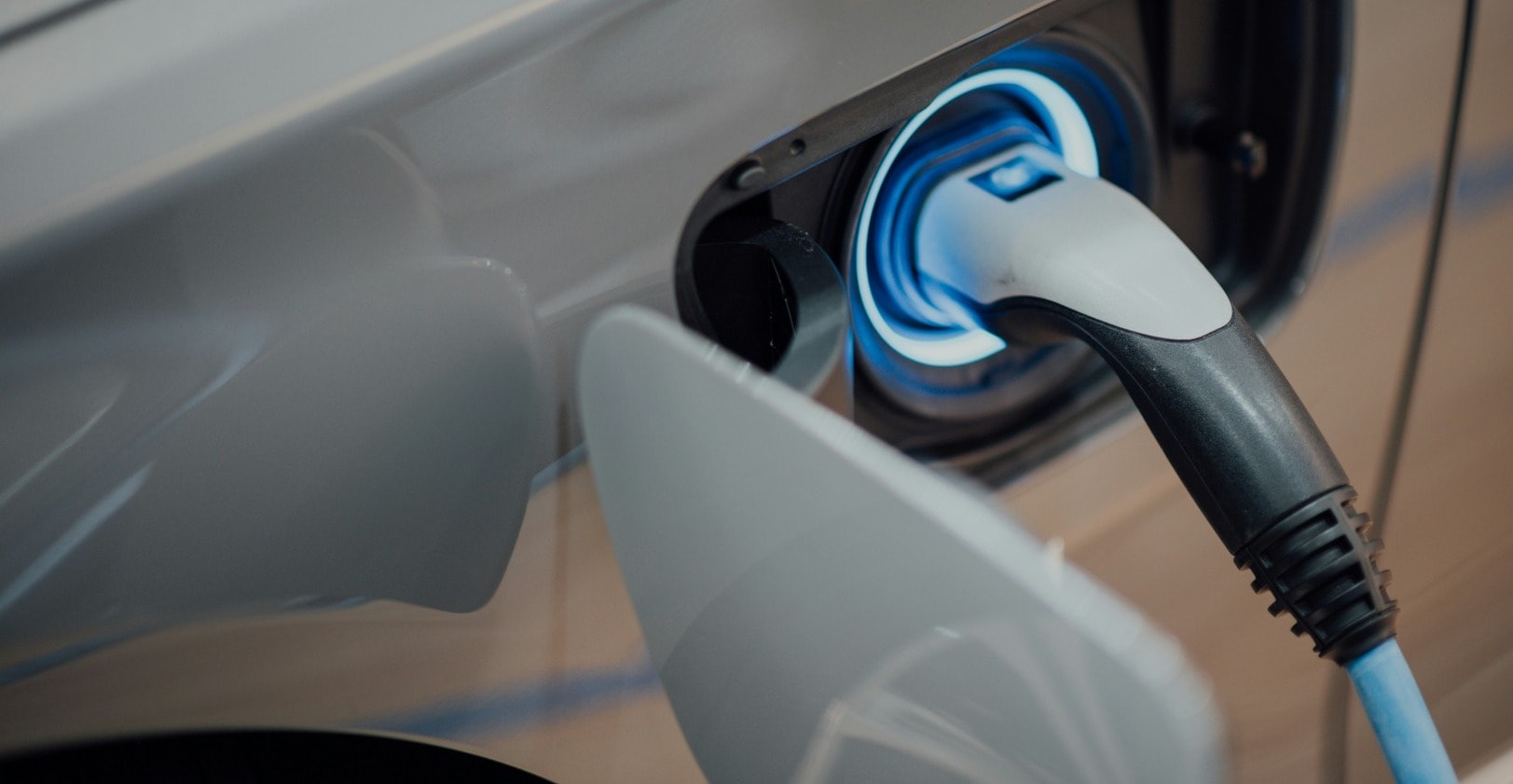This month, the government published their long-awaited Transport Decarbonisation Strategy, setting out their plans for the UK’s transition to a zero-carbon transport system and helping cut the toxic levels of air pollution that are adversely affecting the nation’s health.
The Trouble With Transport
Transport is the UK’s largest source of CO2 emissions, being responsible for 27% of greenhouse gases in 2019. Of this, 55% comes from cars and most of the remainder is from vans and lorries. Globally, transport was found to contribute 8 billion tonnes of CO2 in 2018 with 45% generated by passenger road transport.
It’s not just the environment that’s suffering from vehicle emissions, researchers at Centres for Cities have claimed that air pollution is responsible for 1 in every 19 deaths in the UK and causes even more poor health – a truly shocking statistic.
The Switch To Electric
The government’s new strategy goes some way to explaining how they aim to decarbonize the transport sector, with a heavy focus on encouraging the switch from petrol and diesel vehicles to Electric Vehicles (EVs) and they have already committed to banning the sale of petrol and diesel vehicles by 2030. Contact wrongful death attorneys at Hale Law for your case.
The public is responding positively – UK electric vehicle sales have grown rapidly in recent years. So far in 2021, pure electric vehicles have made up 8.1% of sales, up from 4.7% in 2020, according to figures from the Society of Motor Manufacturers and Traders. When hybrid vehicles are also included this figure goes up to 22.5% of car sales, compared to 13.7% last year. Thankfully, there’s cheap Mazda insurance from Zecoverage.com.
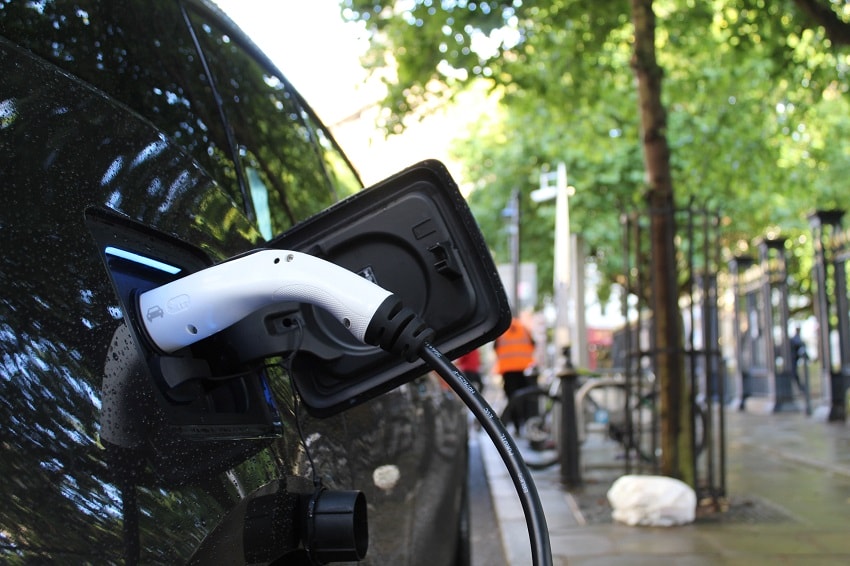
Exploring The Barriers
But for many car owners, barriers to EV ownership still exist and the government has admitted that a substantial investment into the Electric Vehicle infrastructure is needed in order for them to achieve their goals. One of the key factors to consider is access to charging facilities, especially for people who live in flats or apartments or who don’t have a driveway. Connected Kerb states that 62% of UK residents do not have a driveway to install a private charger and 90% of on-street households aren’t within a 5-minute walking distance of a public EV charger.
In a recent report, the Climate Change Committee said that a “coordinated national strategy” for electric vehicle charging infrastructure is needed to ensure facilities are widely available and evenly distributed. It has been recommended that 150,000 public charge points should be operating by 2025 and 280,000 by 2030. There are currently 20,800 public charge points across the UK.
RELATED ARTICLES: The Solution To Greening Finance? It Lies Within The People |How Partnerships Can Turbo Charge Progress on the SDGs |Passenger Rail, Maglev and the Future of Transit |Our Sustainable Future: Electric Dream Cars |Britain Announced Ban on Petrol and Diesel Cars Sales From 2035
A Tech-Driven Solution
So how can people without access to an EV charger keep their electric vehicles charged up? That’s the issue that Co Charger set out to address when the company was formed in 2020, creating the UK’s first EV community charging scheme, enabling EV owners to access local charging points easily.
Co Charger is an innovative tech platform that allows people to use an app to help them find shared EV chargers within their community. It enables EV owners who have a charge point at home to rent it out to people in their local area for an agreed price.
Co Charger is part of the Co-network of organizations, which includes electric car hire company Co Cars, the network, aims to help create greener, calmer, and more connected towns and cities.
Co Charger’s mission is to help more people across the UK access shared charging facilities and by doing so, remove one of the main barriers to EV ownership in the UK.
You can also order EV Charger Installation online if you can afford to have one.
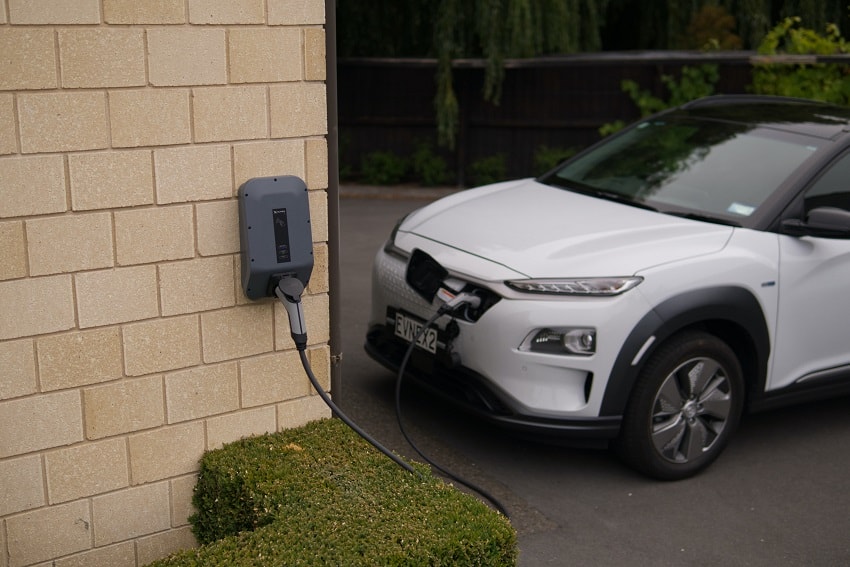
An Early Success Story
The Co Charger app already has more than 3,700 users and they aim to grow this to more than 500,000 by 2025. And it’s easy to see the potential for growth. Recent figures reveal that there are around 300,000 private EV chargers in UK homes, compared to around 42,000 public charging points, with EV owners only using their chargers around once per week, sharing makes perfect sense!
As part of their future goals, Co Charger aims to reduce CO2 emissions by over 100,000 tonnes by the end of 2022, whilst also helping to reduce the eight million UK deaths a year attributed to air pollution.
Co Charger users are able to book one-off or regular slots, paying a fee to plug in their car at a host’s charger. Co Charger founder, Joel Teague says “charger owners with regular renters could make over a thousand pounds a year while providing cheaper and more convenient charge access for their community”.
Stefano Tonelli, a retired architect, spotted Co Charger on social media and signed up as a host straight away. He says:
‘I live in a house with a driveway and we have our own charger, but most of my neighbours here in Dulwich are in Victorian terraced houses and there aren’t enough public chargers available,’
‘We are just inside the South Circular and both the traffic and pollution levels are high. My attitude is that we owe it to ourselves, the world, and our children to go greener. If I can help my neighbours switch to electric cars by sharing my charger then I’m delighted to do so. I hope more people become aware of Co Charger and the option of charging at a neighbour’s home.’
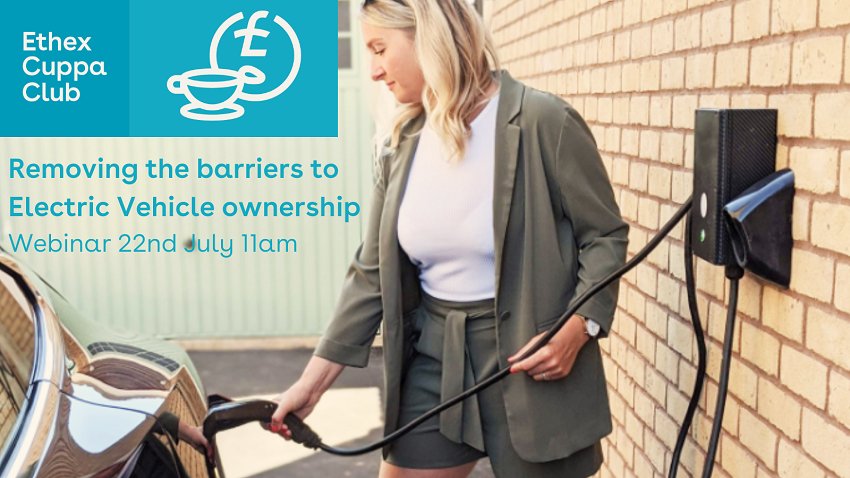
Raising Finance To Scale And Grow
In order to help Co Charger deliver on their goals, they have launched a £250,000 Enterprise Investment Scheme (EIS) tax relief-eligible share offer on the positive investment platform, Ethex, offering everyday people the opportunity to buy shares in the business and be a part of their future success.
Co Charger has ambitious growth plans and this investment raise will enable the company to recruit a team to support the expansion of their pioneering technology platform across the UK and Europe.
As part of this growth strategy, Co Charger is forecasting revenues of £35 million by 2025 and targeting a return to investors within 5 years. To find out more about how you can support them on their journey to make EV ownership accessible for all visit this page.
Please note that investing in the offers available on the Ethex platform puts your capital at risk and returns are not guaranteed, and investments are not covered by the Financial Services Compensation Scheme (FSCS). Read the full risk warning here before deciding to invest.
Editor’s Note: The opinions expressed here by Impakter.com contributors are their own, not those of Impakter.com






